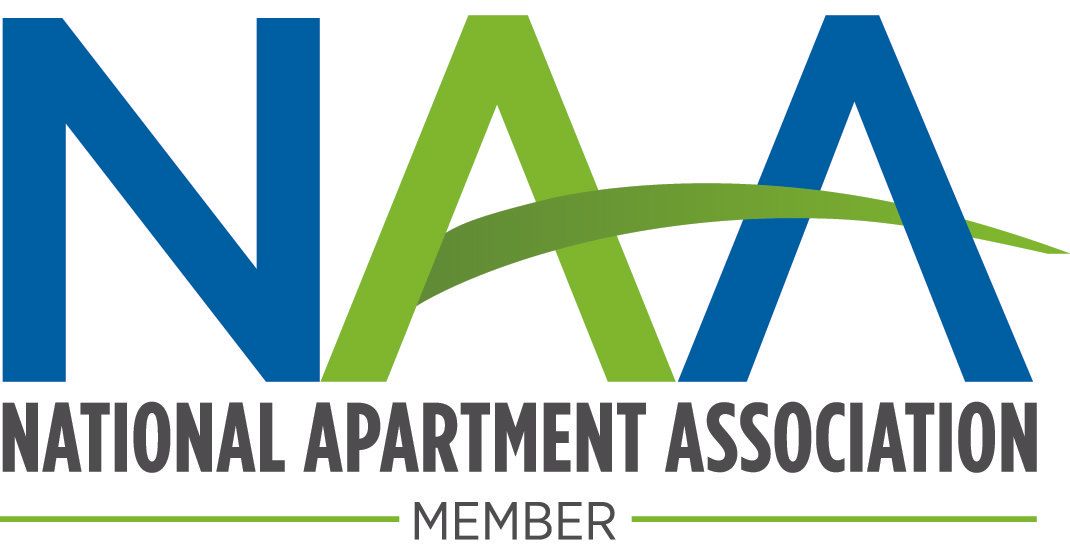Key Property Management Metrics To Know Before You Invest
What To Look For Before You Invest In Multifamily Real Estate
Every investor knows performing due diligence is critical before investing in an existing multifamily real estate property to reduce risk and attain goals. However, knowing the questions to ask and essential metrics to evaluate the property management team can be challenging if you haven't rolled up your sleeves and managed a property management team daily.
Over the last 25 years, I can tell you I've learned a lot in my role as CEO of many property management teams and as an investor in multifamily real estate. And yes, I've made some mistakes!
I thought I would share some of the critical information and metrics you should research before you invest in a multifamily property. Once you've attained the data points below, you can feel confident that you've done your due diligence and better determine if an investment that may look great on paper will genuinely be profitable and meet your long-term goals.
Key Metrics
Here are several critical metrics, their definition, importance, and how you can calculate.
Occupancy Rates
The occupancy rate is one of the most critical indicators of a property's current success.
It's the ratio of rented or used space to the total amount of available space. It is calculated by dividing the total number of units occupied by the total number of units available times 100.
A low occupancy rate may be a sign of challenges the property management team needs to overcome. When investing in a property with low occupancy rates, you'll want to make sure you understand the current challenges and what the property management team is going to do to improve occupancy. You should also make sure that occupancy rates needed to hit your pro forma NOI are realistic and attainable.
Vacancy Rates
A vacant property means lost revenue, and although it's unavoidable in multifamily apartments, the objective is to keep the vacancy rate as low as possible.
So what should you look for concerning vacancy stats? It's essential to know the definition of the different kinds of vacancy rates. Here's an overview so you know what to ask and what the data means.
- Unoccupied Vacancy Rate : this is an average that reflects the amount of time the rental unit(s) stay unoccupied.
- Current Vacancy Rate: this is the current number of units not rented at this time. It's usually calculated on an annual basis and shown as a percentage.
- Economic Vacancy Rate : this is the total amount of rental income lost due to the property being vacant as it relates to the total gross potential income. It's a useful data point since it's based on income, not time vacant. This number also takes into consideration rents lost due to specials, concessions, etc.
- Physical Vacancy Rate : this is the time the unit(s) were vacant over the past year, and includes the number of units currently vacant.
- Market Vacancy Rate : this is the average vacancy rate by property type. It takes into account the asset class helping gauge how the property is performing compared to others in its class.
If you are considering investing in a property and identify poor management or vacancy rates, know that by implementing property management best-practices with a seasoned team, you can improve your metrics and increase profitability.
Turnover
In the same way that vacancies will occur, so will turnover. According to the National Apartment Association in a Breaking Down Turnover Costs post, move-outs translate to the loss of rent and additional maintenance costs. A single turn, including rent loss, can cost your bottom line $1,000 to $2,000 and up. Thus, knowing the turnover rate and the average cost of each turn is critical. You'll want to make sure those costs are managed and reduced as much as possible by the property management team. Gauging supply and demand in your market, understanding your product, and pricing it accordingly will keep turnover at a minimum.
Evictions
Evictions are also costly and why being diligent and using proven tenant-screening methods are critical. Here again, an experienced team with a proven legal process must be in place. The last thing you want is unqualified tenants that will create hardship for your organization and potentially for your good tenants. The average eviction can cost you as much as three months of lost rent. You'll want to request the current eviction rate as well as any evictions in progress or anticipated. Here again, less is more!
Maintenance Costs & Maintenance Team
Understanding the maintenance costs for a multifamily property and how they can be streamlined and made more efficient is vital to the bottom line. It’s important to have a maintenance supervisor that stays on budget and a team with a resident portal for maintenance ticket submission and tracking. A seasoned maintenance team that is efficient and knowledgeable will make a tremendous difference. These experts will provide cost savings, and tenants will be much happier with a team that gets into their apartment and fixes the issue quickly and correctly.
Property Management Team
Now that I've outlined some of the key metrics, you can see how critical the property management team is in influencing the success or failure of an apartment rental investment.
It's crucial to hire managers, leasing agents, and maintenance staff that know the business and work as one team - all for one, and one for all is the concept most needed so that all runs like a well-oiled machine. They need to have systems of operation that prioritize, monitor, and measure tasks for efficiency.
At James Management Group, we hire for character and put a lot of time into training our staff and holding them accountable for the success of a property. I'm a firm believer in the saying 'there's no 'I' in TEAM,' and I remind my staff of the importance of working as a team to achieve our defined common goals, and we reward great work done by the team.
In addition to the above metrics, we focus on renewal percentage rates and ensuring rent is collected on time via our resident portal or in person via check or money order. We carefully track our renewals and 120 days out we begin marketing to our tenants to make sure they are happy and, in turn, keep turnover down.
Here are a few good questions to ask when researching a property management team:
What renovations will be put in place, and how will the team attain the demographics and rent prices the property seeks?
What kind of advertising will be implemented, where and with what frequency? How will the advertising spend be tracked and measured for success? What are the key performance indicators (KPIs)?
What's the monthly marketing budget? Annual marketing budget?
Leadership Team
Finally, having an experienced leadership team that is monitoring the property managers, the property metrics, and the bottom line is a must. A seasoned leadership team that understands the business and puts proven operational efficiencies in place will drive more profit from the investment. Also, leadership that values its employees supports training and hires experienced staff will also contribute to return.
Recap
Rule of thumb, keep the units rented, know your metrics, and make sure you have a seasoned property management and maintenance team to drive the business. In the end, they'll be the face of your property and make or break the tenants signing leases, renewing them, and helping the properties rent through word of mouth.
All of this adds up to why a professional property management team that's seasoned and experienced makes a big difference in your ultimate return on investment.
Questions? Want to know more about James Management Investor Services ? I or someone on my team is always available to share our knowledge. Just Contact Us .

JG² Companies owns, develops, and manages distinctive multifamily communities in Indiana and focuses on ensuring that every apartment provides a comfortable, welcoming home for residents while delivering returns for investors.
-Michael James, Founder & President






